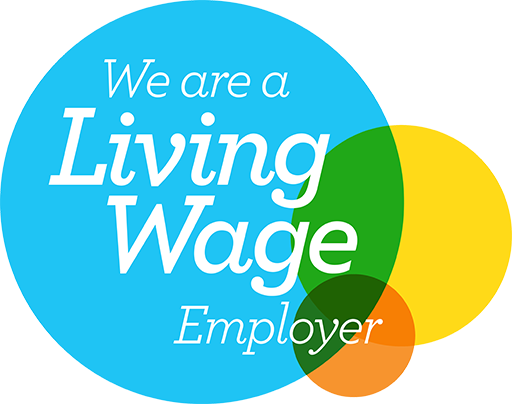Organisations often need to consider hiring new employees. It’s essential to carefully evaluate the specific roles required. Before making a hiring decision, organisations should:
- Consider whether a full-time employee is necessary.
- Can the organisation afford the ongoing salary costs?
- Assess how the organisation will generate sufficient revenue to cover these wage expenses.
Initial Considerations when taking on an employee
- Writing a role description – thinking about what exactly you wish the employee to carry out or deliver, making sure there is a strong role description will be invaluable when going through the recruitment process.
- Writing a contract – writing a contract of employment and it would be advised that the organisation takes advice from a solicitor.
- Policies and Procedures – making sure that the organisation is fully equipped to take on an employee, equal opportunities, health and safety, a staff handbook etc.
- Recruitment process – there must be a transparent and competitive recruitment process where the role is advertised.
- Wages – it must be ensured that the wage decided upon is commensurate to the role. The employee should be paid at least minimum if not the living wage. Equally, the role should not have a wage attached that the organisation cannot realistically sustain.
Add on costs – it’s more than just a wage!
There is a lot more to taking on an employee than paying a monthly wage, there are add on costs that are associated with being an employer including:
- Managing and administering wages – who will do this, will the organisation be able to manage this or will a book keeper or HR service be required?
- National Insurance contributions and PAYE.
- Holiday entitlement, sick pay, maternity and paternity leave.
- Pensions – organisations must go through the auto enrolment process to provide a workplace pension.
- Travel costs and expenses if relevant to the role.
- Cost of having an employee – how much cost to house an employee? Desk space, IT equipment, telephone, stationery etc.
Employing a charity trustee
Introduction: This guide outlines the rules governing the payment of charity trustees. Under the Charities Act 2005, remuneration can take various forms, including direct payments, benefits, or in-kind benefits.
Key Conditions for Remuneration:
- No Governing Document Restrictions: The charity’s governing document must not prohibit trustee remuneration.
- Limited Paid Trustees: Fewer than half of the trustees can receive remuneration directly or indirectly from the charity or be connected to someone who does.
- Written Agreement: A formal written agreement must exist between the charity and the trustee.
- Clear Remuneration Terms: The agreement must specify the maximum payment amount.
- Best Interests of the Charity: The trustees must agree that the services are necessary and the remuneration is reasonable.
Prohibited Remuneration:
- Governing Document Restrictions: If the governing document prohibits payments, even if other conditions are met, trustees cannot be remunerated.
- Excessive Paid Trustees: If more than half of the trustees or their connected persons receive remuneration, payments are not allowed.
Examples:
- Reasonable Payments: Paying a trustee who is also a local tradesman for services provided at a fair market rate can be reasonable. Similarly, employees of the charity serving as trustees may receive remuneration for their roles.
- Unreasonable Payments: A charity cannot pay a trustee whose child is already receiving payment from the charity for services. This would violate the conditions regarding connected persons.
It should be noted that OSCR is particularly concerned when an application is received with a proposed charity trustee already appointed to a paid position. Any private benefit such as salary to a trustee must be entirely incidental and not a reason for establishing a charity. For more information please see OSCR’s guidance and a flow chart to assist in decisions here:
https://www.oscr.org.uk/managing-a-charity/trustee-duties/trustee-remuneration/


